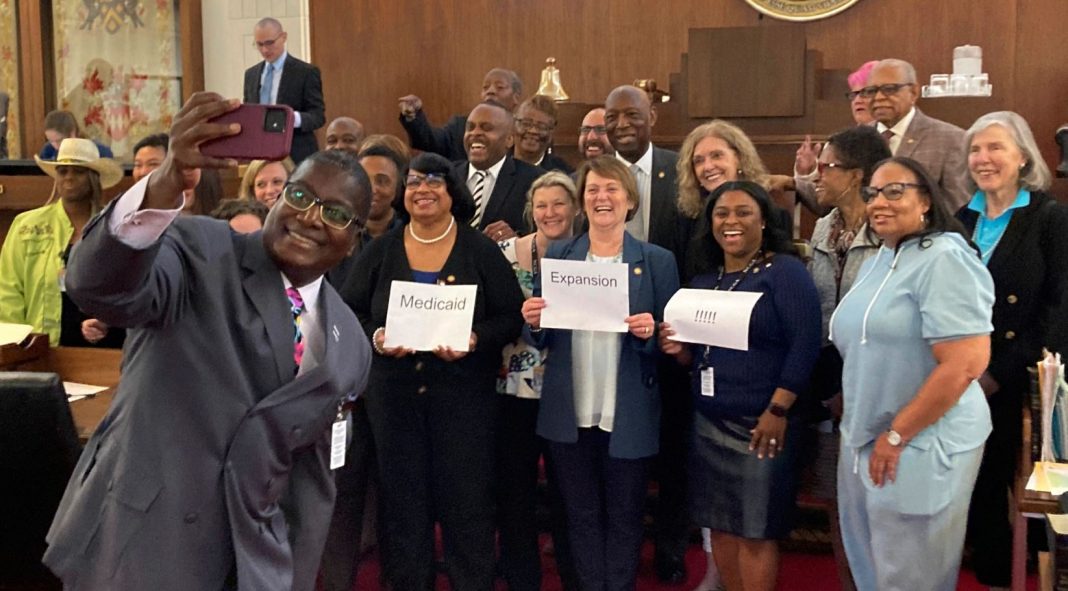North Carolina has become the latest state to expand its Medicaid program, following years of political opposition from Republican lawmakers. The expansion will provide health insurance coverage to hundreds of thousands of low-income adults who currently lack insurance.
On Thursday, the state’s Republican-controlled General Assembly voted to override a veto by Democratic Governor Roy Cooper, who had been pushing for Medicaid expansion since he took office in 2017. The move marks a major shift in the politics of health care in North Carolina, where Republicans had long opposed expansion of the program, citing concerns about costs and the role of government in health care.
Under the Affordable Care Act, states have the option to expand their Medicaid programs to cover low-income adults with incomes up to 138% of the federal poverty level. The federal government pays for the vast majority of the cost of expansion, with states contributing a small percentage. Despite the financial benefits, 12 states have still not expanded their Medicaid programs, including several with Republican-controlled legislatures.
North Carolina’s decision to expand Medicaid comes after years of political wrangling over the issue. Governor Cooper, who was reelected in 2020, has been pushing for expansion since he took office, arguing that it would provide health insurance to hundreds of thousands of North Carolinians and boost the state’s economy.
Republican lawmakers had long resisted the proposal, arguing that it would be too expensive and that the state’s current Medicaid program was already strained. However, after Democrats won several key races in the 2020 elections, including the presidency and control of the US Senate, many Republicans began to soften their opposition to Medicaid expansion.
The final vote to override Governor Cooper’s veto was close, with just enough Republicans joining with Democrats to secure the two-thirds majority needed for the override. The move was hailed by health care advocates and Democrats, who called it a historic moment for the state.
The expansion is expected to provide health insurance to around 600,000 low-income adults in North Carolina, many of whom are working in low-wage jobs without health benefits. It is also expected to boost the state’s economy, as the federal government will provide billions of dollars in funding to support the program.

